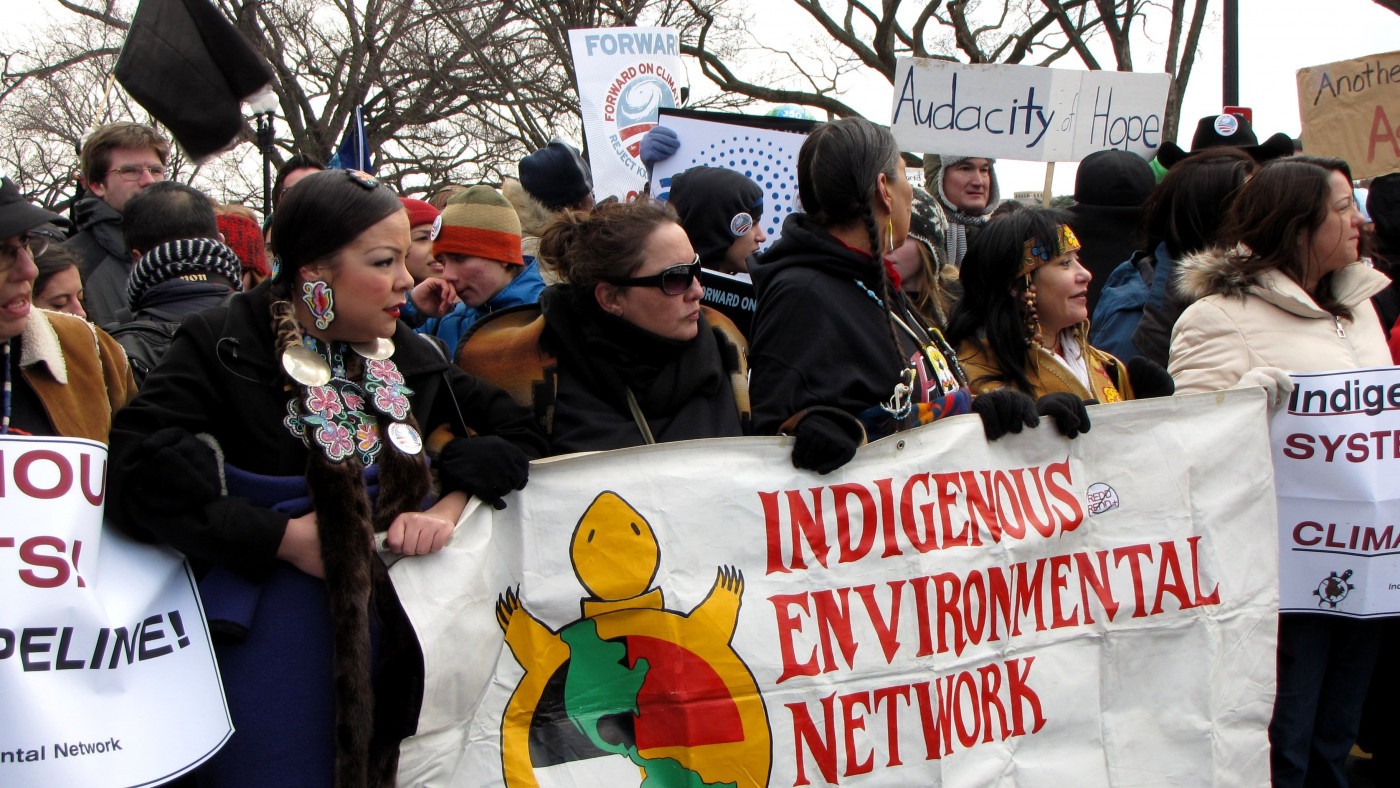Ancestral wisdom, modern crisis: Indigenous communities on the frontline of climate action
In 2007, most member states at the United Nations signed the Declaration on the Rights of Indigenous Peoples: a historic occasion which gave a voice to millions of people whose connection to their land dates back millennia. Indigenous people and rural communities inhabit more than 50% of the world’s land, spanning all continents except Antarctica, and within this enormous expanse, 40% of the land occupied by Indigenous peoples is located in areas of high biodiversity, highlighting their pivotal role as conservators of precious ecosystems. Their connection to the natural world not only offers unique insight into how to adapt to increasingly frequent extreme weather events, but their knowledge is priceless for they have been the custodians of their land and water for generations.
However, despite their inspirational relationship with the natural world, Indigenous communities suffer the most from climate decisions and lifestyles they do not make. Indigenous communities face poverty rates two to three times higher than the global average, and climate change is displacing these communities at seven times the rate of the global population, causing ancestral lands to slip away and traditions hanging in the balance.
“Indigenous communities have been on the burning frontline of the climate crisis for decades, so why are they not on the frontline for leading the world in climate decisions?”
Writer and climate activist, Francy Baniwa of the Baniwa people from the Alto Rio Negro Indigenous territory in the Brazilian Amazon, is a part of a community of 25,000 people who protect an area of rainforest the size of Scotland. Baniwa and her community enjoy a richly nature-immersed culture which has had vast global benefits of carbon sequestration, regional benefits for rainfall generation and cooling, and local benefits for the abundant wildlife. “As a Baniwa woman, I am determined to protect this incredible place,” Francy passionately says, “It’s not just for humans. We are all animals. Even the rivers and rocks are alive. The forest is a collective space.” Alas, values of collectiveness, empathy and spirituality are rarely part of the discussion in the global climate debate; they are difficult to quantify, meaning policymakers and economists discount or ignore them.
Indigenous communities have been on the burning frontline of the climate crisis for decades, so why are they not on the frontline for leading the world in climate decisions? It is evident that we are doing something (or rather, most things) very wrong. In the words of Francy, “nature is talking, but most of humanity has stopped listening…white capitalist society doesn’t know how to listen to the forest as if it is a part of their own body, or a close relative, they see it only as money.” In the Brazilian Amazon, the community has suffered consequences of climate change for years on end, with the seasons becoming confused, termites flying at unusual times, dry periods becoming longer and drier than usual, and rains causing more floods. These recurring natural disasters are not anomalies and are much closer to home than we may initially think.
“Acknowledging and valuing Indigenous perspectives goes beyond a symbolic act of inclusivity; it affirms the profound link between culture and environment.”
The recent tragic flash floods that hit southern and eastern Spain released torrents of muddy water, turned village streets into rivers, destroyed homes and swept away bridges and vehicles. Over 200 people lost their lives with thousands displaced and many still missing. This devastating natural disaster is one of countless others that span the globe. Yet, climate policymakers and the most powerful organisations do not seem to be making the necessary, drastic decisions in their energy and land use to prevent the continuation of these natural disasters. As the global community grapples with the escalating impacts of climate change, it is clear we need sustainable solutions rooted in the wisdom of those who have nurtured and protected the Earth for generations.
“Placing Indigenous knowledge at the heart of climate policy making is not just a matter of equity; it is a strategic imperative.” The sheer wealth of traditional practices, adaptive strategies, and profound understandings of ecosystems brought by Indigenous communities that have been shaped over centuries can guide effective climate policies that respect the diverse ways of life. Improved data collection mechanisms are crucial in our movement within the climate crisis, as they are needed to fully understand the impacts of climate induced displacement on Indigenous people. We must actively listen and learn from those directly affected by climate-related problems, allowing their voices to shape policies intended to support them. Acknowledging and valuing Indigenous perspectives goes beyond a symbolic act of inclusivity; it affirms the profound link between culture and environment. As we face the environmental crisis, recognising the active role of Indigenous communities is essential, and inviting them to help shape the story of our planet’s future should go beyond question.

Comments (1)
A powerful message! It’s disappointing that Indigenous groups, who have stewarded the land for millennia, are ignored in climate conversations. Their strong understanding and affinity to nature help solve the climate challenge sustainably. It’s time to elevate their voices and policy recommendations. We all suffer from the climate problem, but those who contributed least suffer most. Let’s adopt a more inclusive strategy that acknowledges Indigenous wisdom and recognizes their vital role in saving the earth. I appreciate your illumination on this crucial problem!